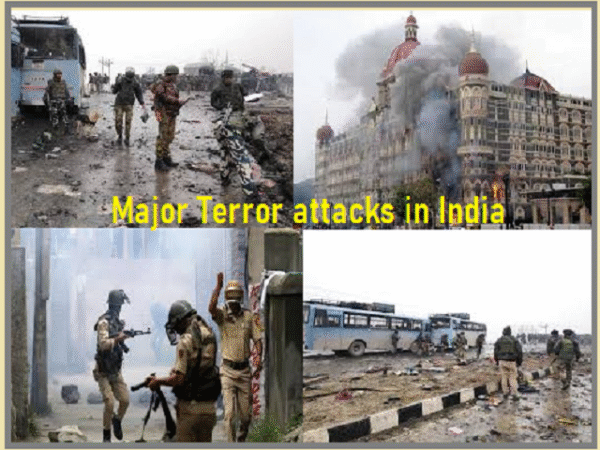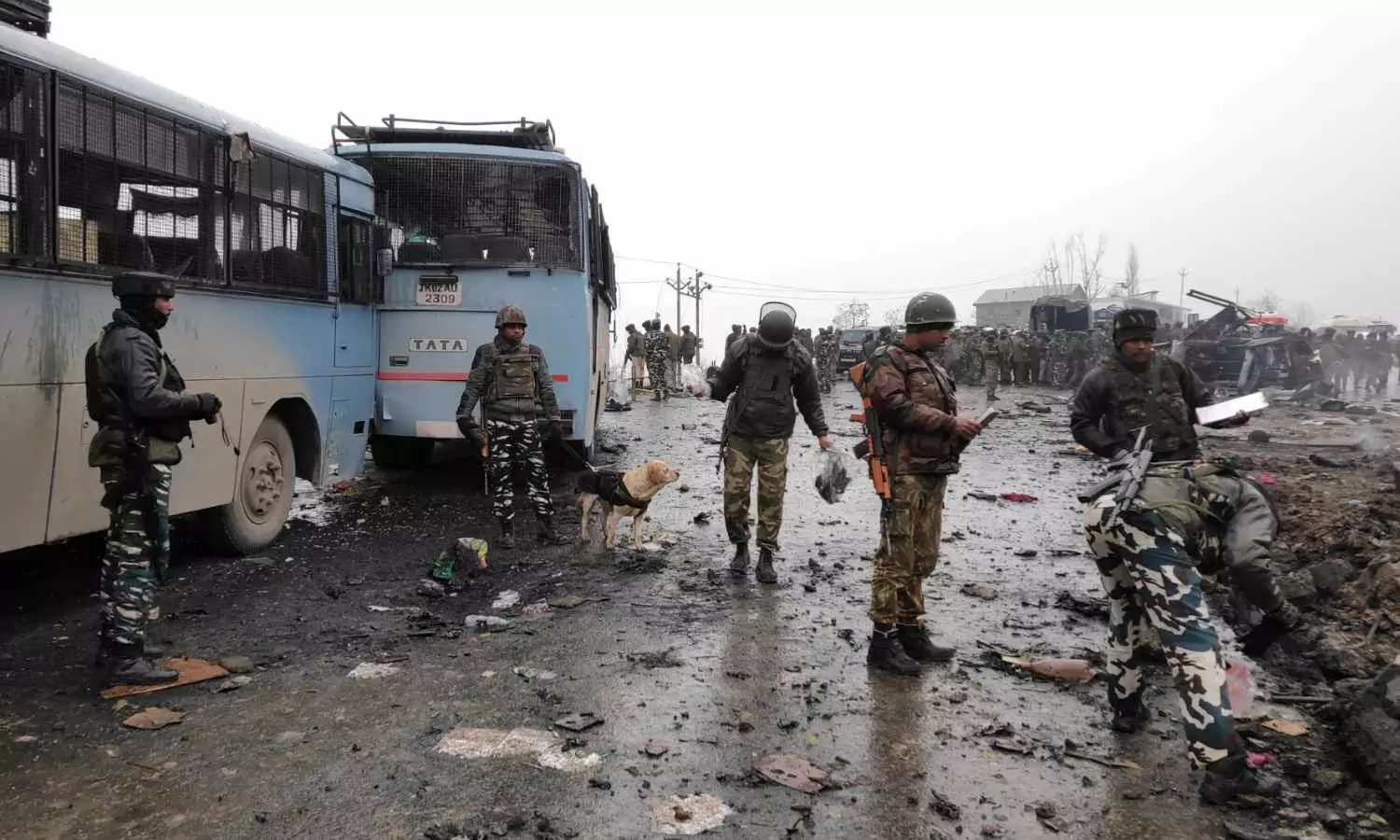Terrorism in India continues to tear apart lives and communities. Discover the heart-wrenching stories, painful truths, and a nation’s unbreakable spirit in the face of darkness.

Terrorism in India: Where the Streets Still Remember the Screams
There are moments when silence says more than words ever could.
The silence after a blast.
The silence of a mother sitting beside her child’s covered body.
The silence of a town that once echoed with laughter — now filled only with mourning.
This is the cruel reality of terrorism in India — not just headlines and statistics, but shattered families, unspoken grief, and dreams lost forever.
The Long, Bloody Shadow of Terror
India has endured countless terrorist attacks, each more brutal than the last. From the snow-clad valleys of Kashmir to the bustling streets of Mumbai, no place has been untouched. Each attack leaves behind not just wreckage, but wounds that time cannot heal.
These wounds don’t show up in reports. They live in the hearts of those left behind. A wife who sleeps beside a uniform she’ll never see worn again. A child who waits for a father who’s never coming home. A town that gathers for funerals more often than festivals.
Kashmir: A Valley in Pain
Nowhere is this suffering more visible than in Kashmir, a paradise turned battlefield. Decades of conflict have turned the region into a playground for extremist groups, and the people into unwilling survivors.
Groups like Lashkar-e-Taiba and Jaish-e-Mohammed have poured blood into the rivers of this once peaceful land. And recently, the horror returned with the Pahalgam Attack — a senseless act of violence that shook the entire nation.
It wasn’t just an attack. It was a massacre.
People were gunned down during what should have been ordinary moments — a walk, a prayer, a drive through the hills.
Children witnessed horrors they’ll never forget. And the survivors now carry a grief that feels too heavy for words.
To feel the real pain behind the headlines, read The Never-Ending Grief of the Pahalgam Attack, a heartbreaking reflection on loss, sorrow, and unanswered prayers.
Faces of Terror: Who Is Responsible?
These tragedies don’t just happen on their own. Behind every explosion, every bullet, every cry — there are names and networks.
- Lashkar-e-Taiba (LeT)
- Jaish-e-Mohammed (JeM)
- Indian Mujahideen
- Maoist insurgents (Naxals)
- Separatist groups in the Northeast
Some are backed by ideology. Others by politics. All are united by one thing: a desire to destroy peace.
Their attacks aren’t random. They’re calculated. They strike during festivals, elections, funerals — targeting unity, hope, and trust. And often, the people paying the price are those who had nothing to do with the fight.
The Human Cost: More Than Numbers
It’s easy to lose count. But behind every death toll is a face. Behind every headline is a home that’s gone quiet.
“My son had just started his new job,” one father said.
“He had dreams of buying a scooter. Now I keep his shoes beside mine… just to feel he’s still around.”
How do you comfort a mother whose hands shake every time the phone rings?
How do you explain to a child that his father won’t be at his school play, ever?
Terrorism is not just a national threat. It’s a personal tragedy. Over and over again.
India’s Unshaken Spirit
And yet, India stands.
Wounded, yes.
Heartbroken, always.
But never defeated.
From intelligence agencies working around the clock, to ordinary citizens helping strangers after a blast, the spirit of India remains indestructible.
India has also been working closely with global partners, including the United States, to dismantle terror networks and enhance border security. You can follow these developments at America112, where geopolitical insights and international cooperation updates are regularly shared.
A Plea for Peace
We can’t change what happened. We can’t bring back those lost. But we can choose how we respond.
India doesn’t just need stronger weapons. It needs stronger compassion.
We need to teach our children not just to defend — but to understand.
To remember the victims, but also work toward a world where there are no more victims.
Peace isn’t just the absence of bombs. It’s the presence of justice, empathy, and unity.
Final Words: Let Us Never Forget
Let us never forget the children who never grew up.
The parents who buried their hearts.
The towns that wear sorrow like a second skin.
Terrorism in India is not a chapter in a textbook.
It is still being written — in tears, blood, and silence.
Let us be the ones who turn the page.

